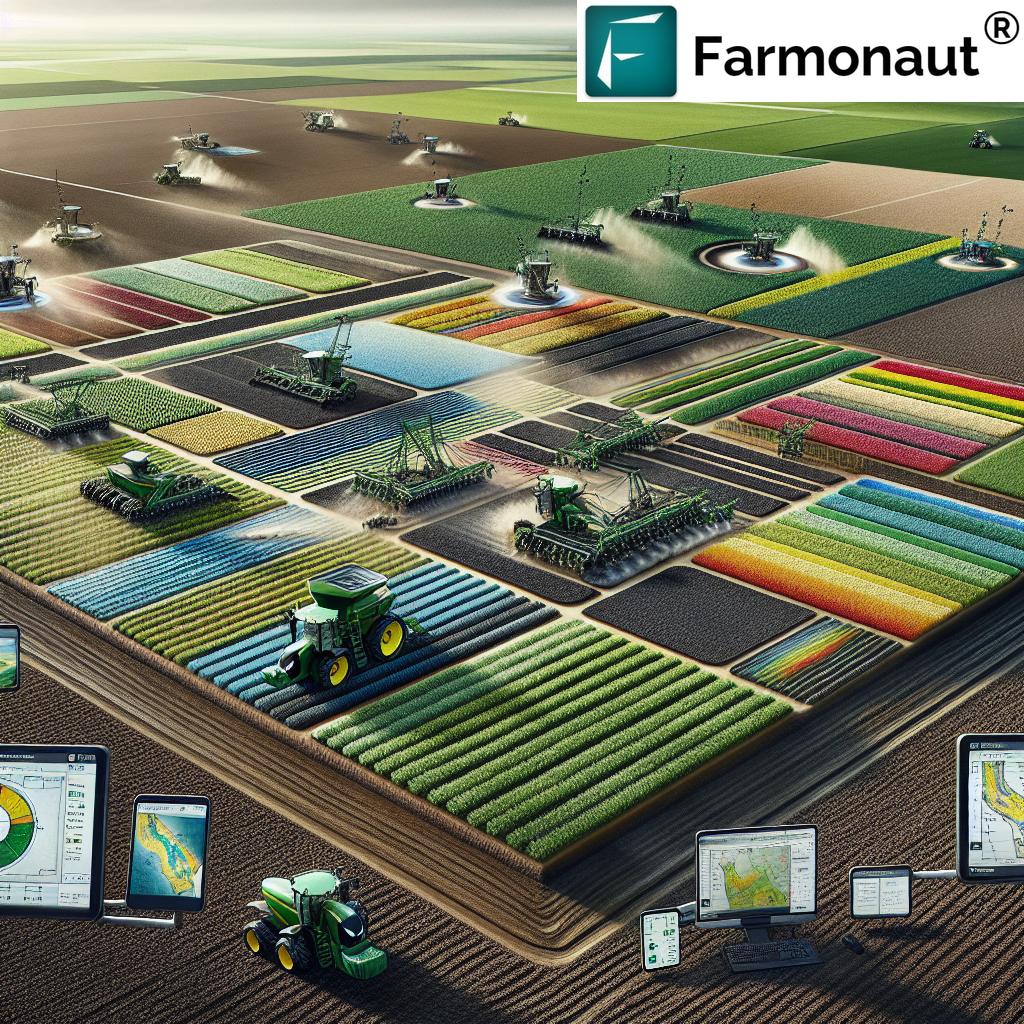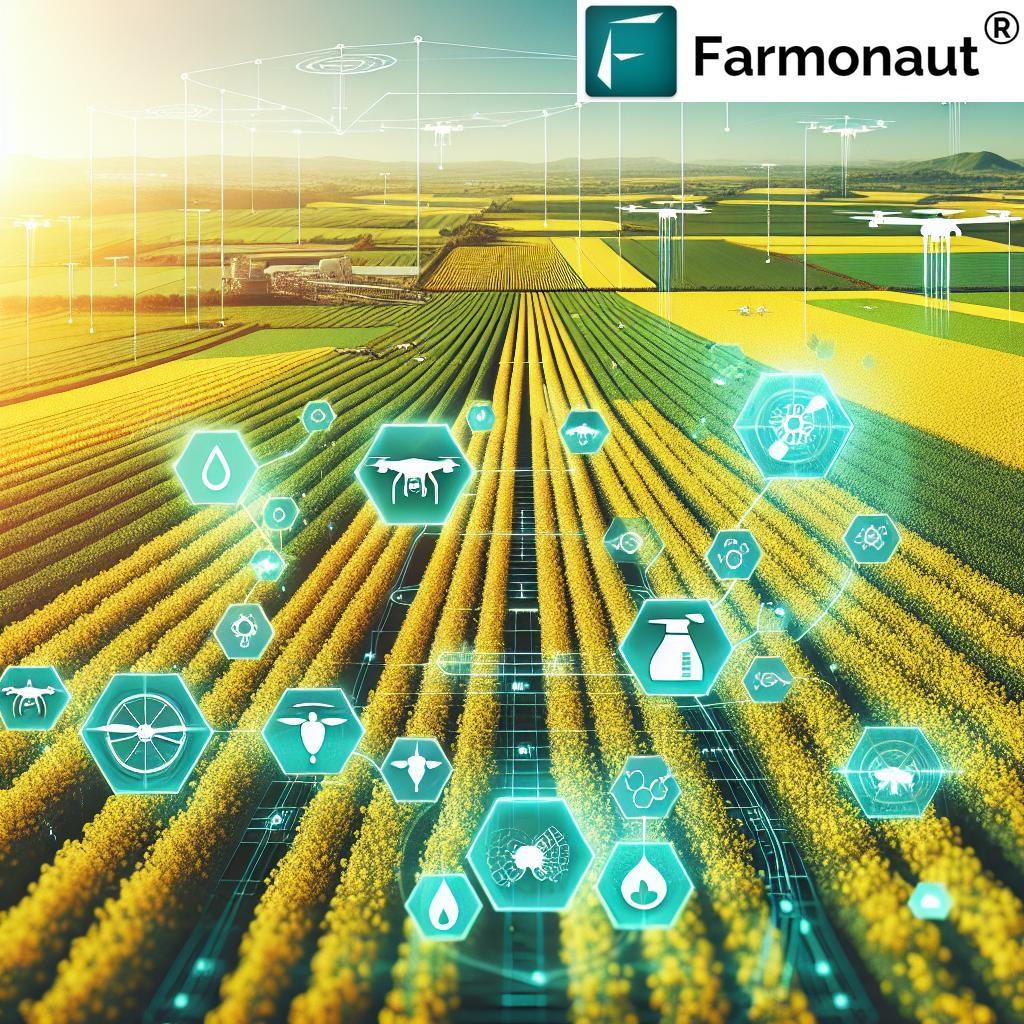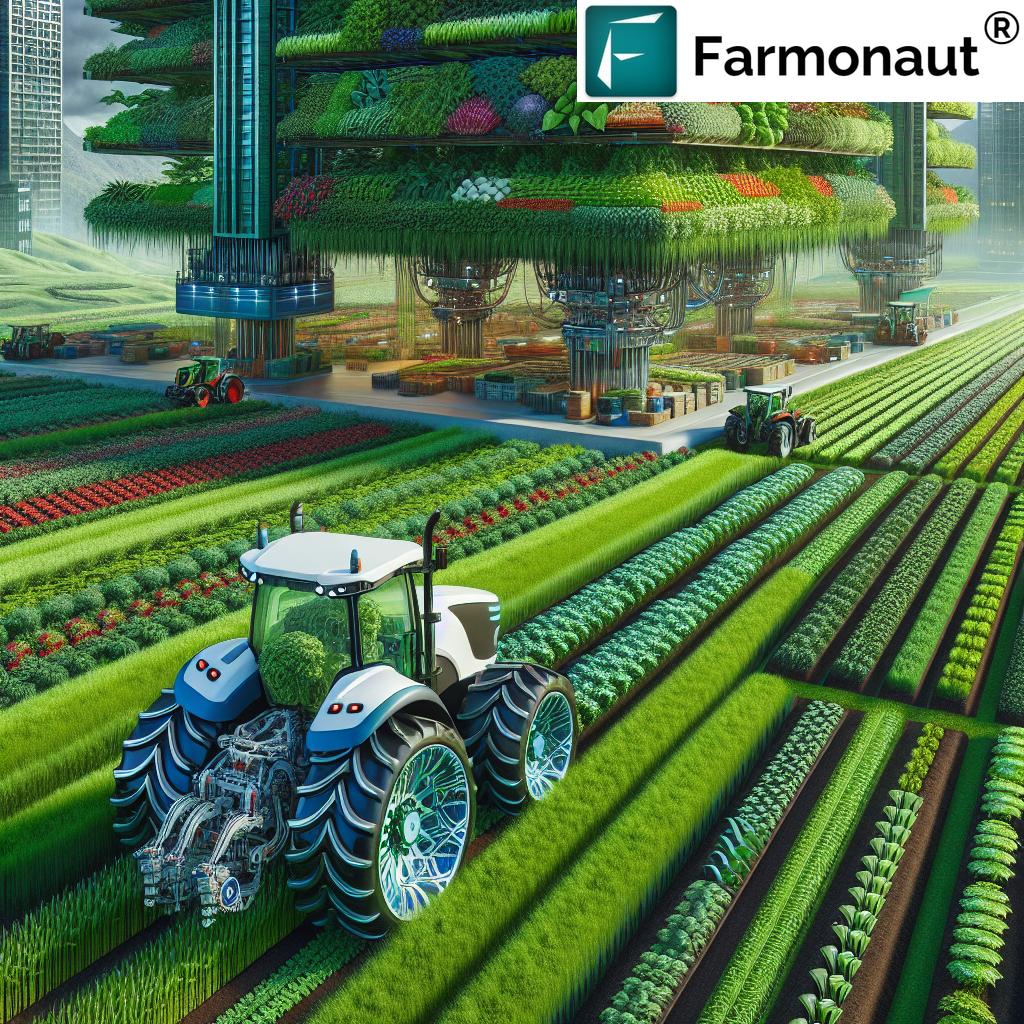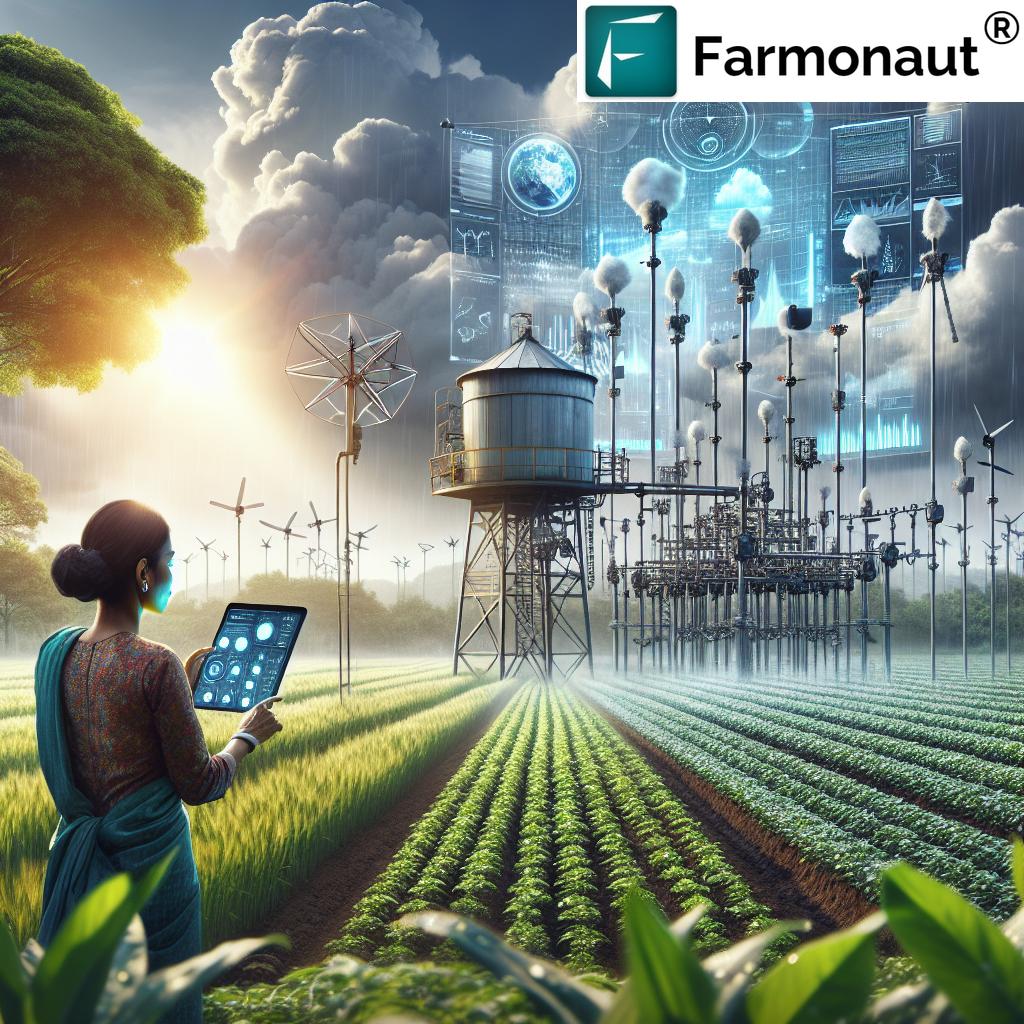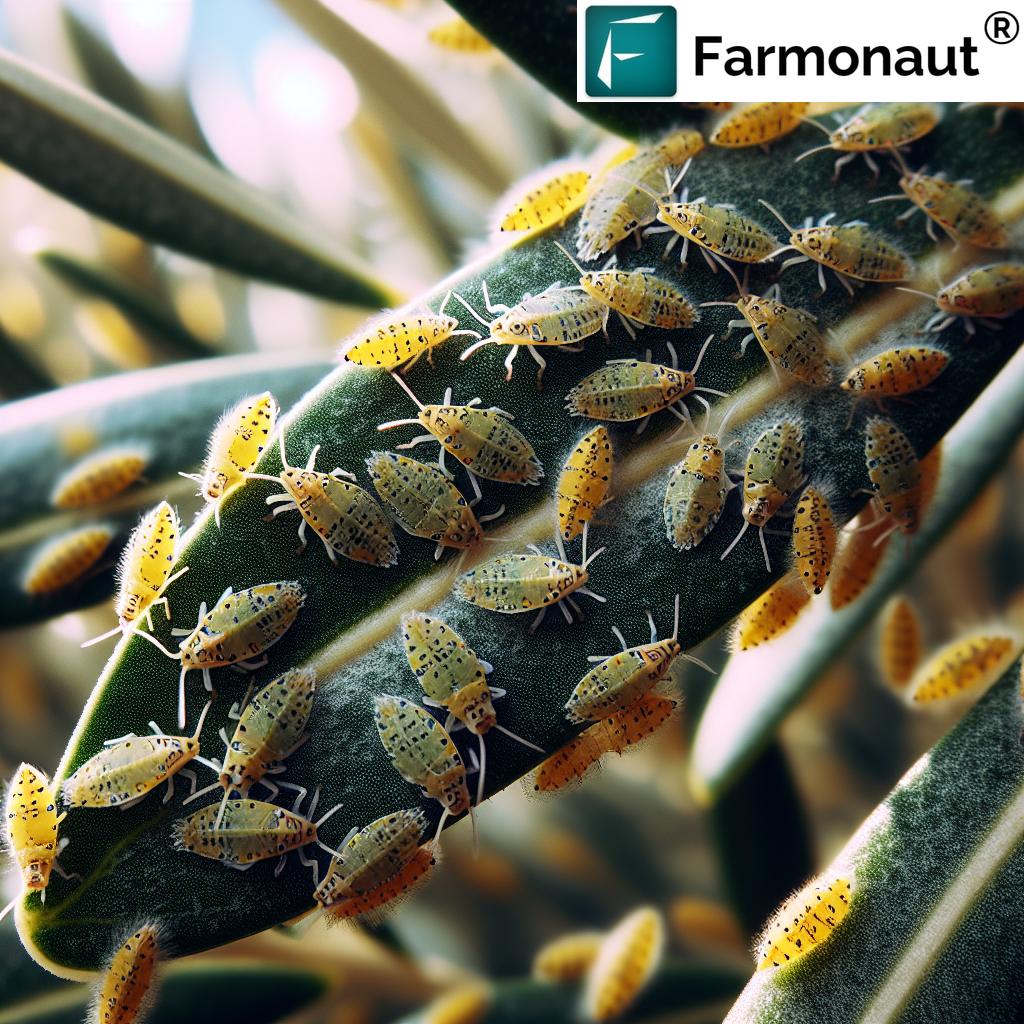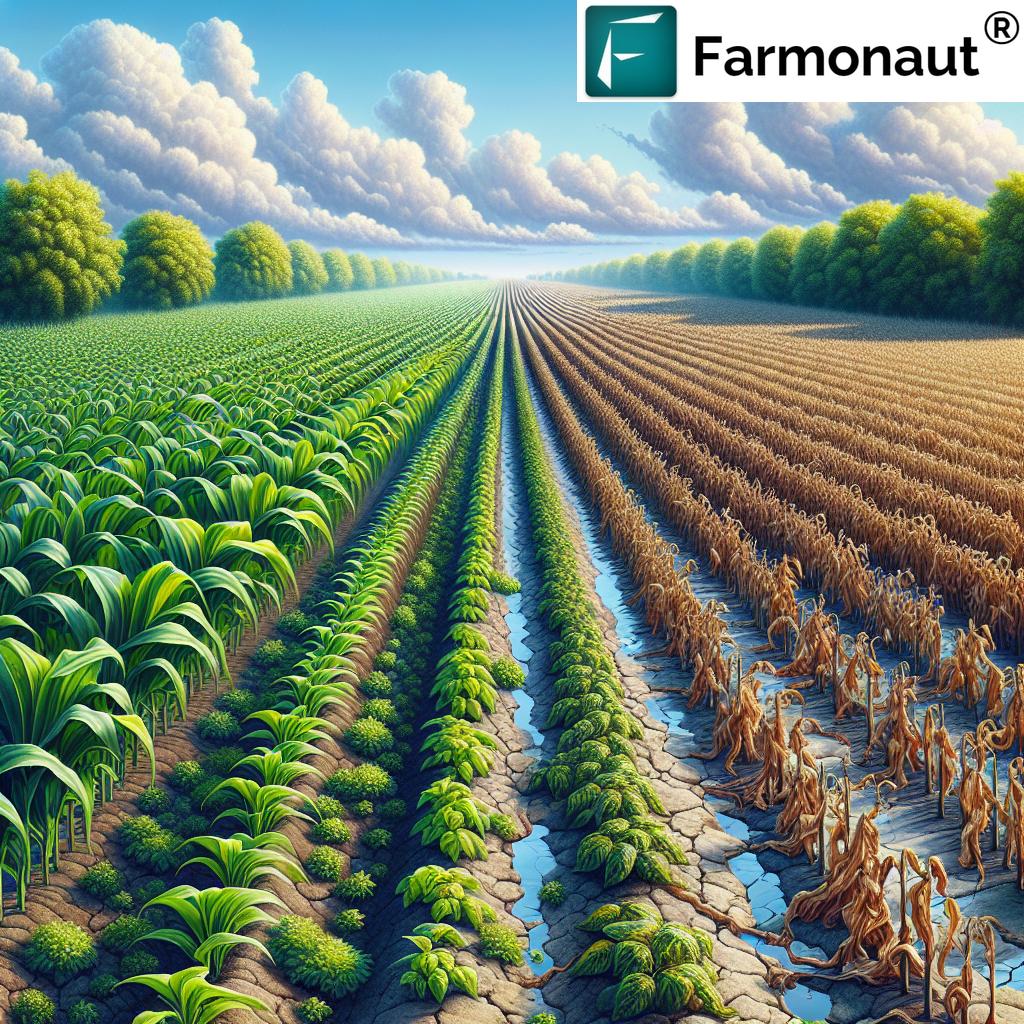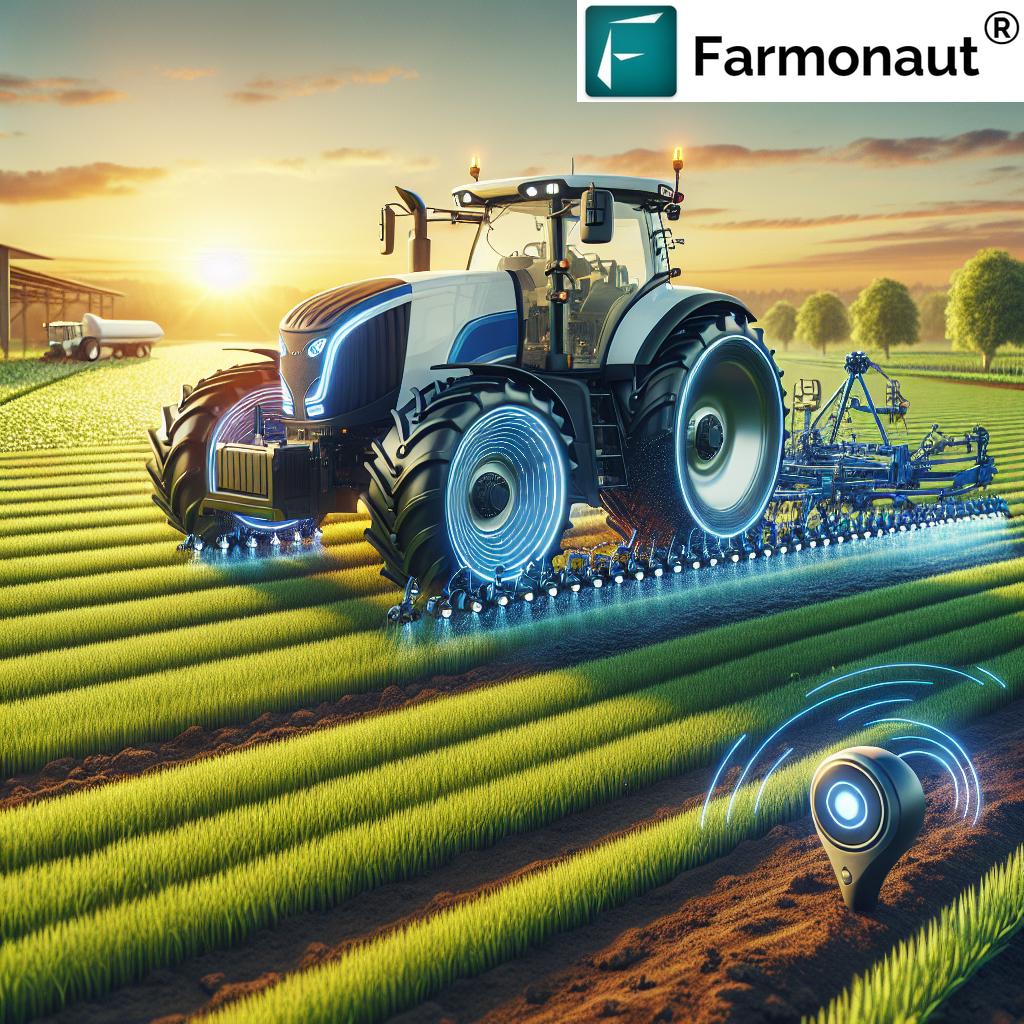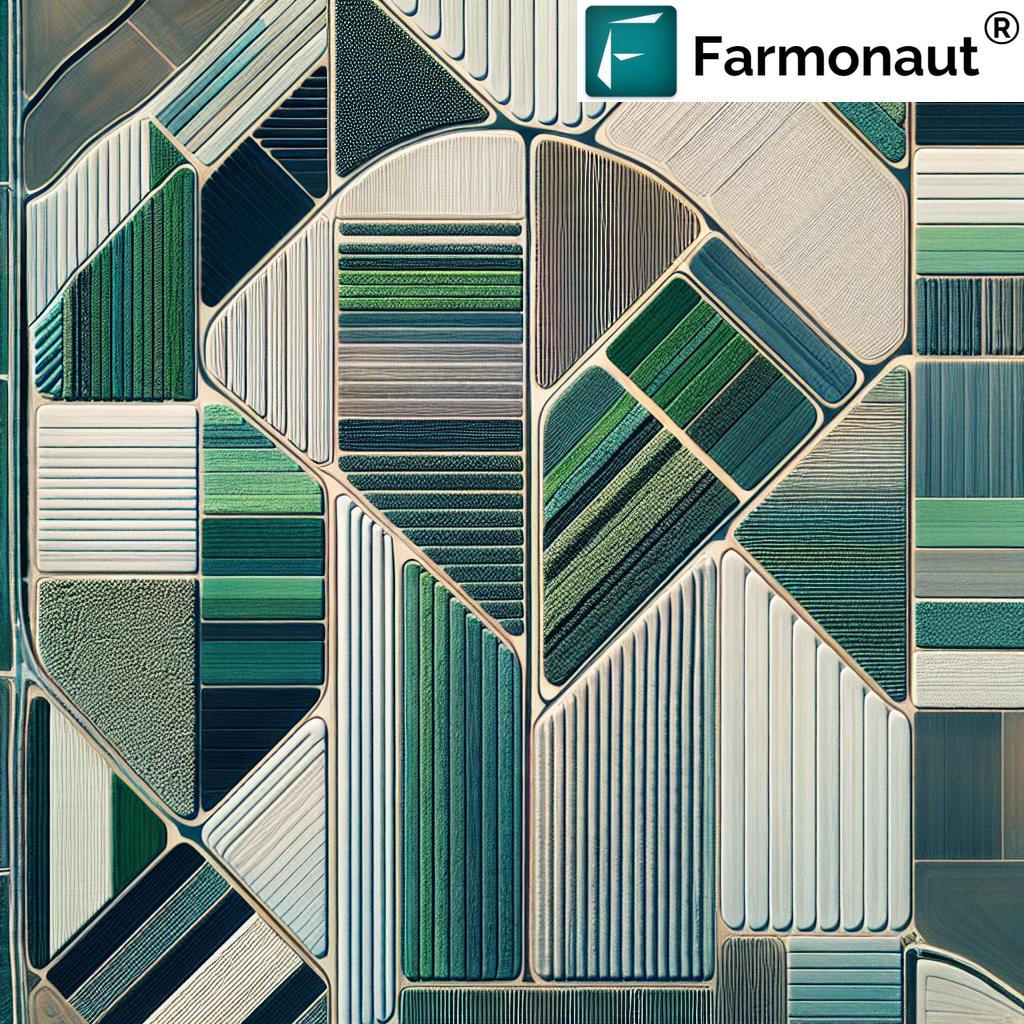Precision Agricultural & Horticultural Services Near Me: Leading Sustainable & Innovative Farming in 2025
“By 2025, precision agriculture services are projected to increase crop yields by up to 25% globally.”
Introduction: The Evolution of Agricultural Services in 2025 & Beyond
The landscape of agricultural services is undergoing a transformative evolution as we enter 2025 and look ahead to 2026 and beyond. Driven by technological advancements, sustainability imperatives, and shifting market demands, agriculture services now encompass an integrated spectrum of solutions—from ultra-modern precision farming technologies to horticultural care programs, and sophisticated agriculture marketing services. These services are not just optional support for modern farming; they have become indispensable to agribusiness operations worldwide.
At the core of this dynamic ecosystem is precision agriculture, a technology-driven approach leveraging data analytics, satellite imagery, IoT sensors, and AI—all of which optimize every aspect of crop production while minimizing waste and environmental harm. Similarly, horticultural services near me are a frequent search among growers, signifying their crucial role in urban, peri-urban, and rural landscapes for specialized crop cultivation, pest management, and landscape design.
This article explores the multifaceted dimensions of agricultural services, highlighting how they are essential for improving productivity, enhancing sustainability, and connecting farmers to broader markets. Whether you are a commercial farmer, urban grower, or agribusiness stakeholder, understanding these modern solutions is critical to thriving in the contemporary agricultural ecosystem.
Understanding Agricultural Services in 2025
In 2025, agricultural services serve as the backbone of the modern farming ecosystem. Encompassing everything from field monitoring, resource management, and crop advisory to supply chain traceability and agriculture marketing services, these services are tailored to address the unique challenges posed by evolving climate conditions, pest pressures, and market expectations.
- Precision Agriculture Services: Use satellite imagery, IoT sensors, and AI-driven analytics for real-time, data-backed decision making at every step of the crop cycle.
- Horticultural Services: Provide specialized solutions for fruits, vegetables, flowers, and ornamental plants, focusing on crop health, pest management, and landscape design.
- Marketing & Supply Chain Services: Connect farms to local, national, and global markets via blockchain-enabled traceability, price analytics, and digital branding.
Precision Agriculture Services: Technology at the Core of Sustainable Farming
The rise of precision agriculture services is transforming how farmers manage fields, optimize inputs, and measure results. By leveraging satellite analytics, IoT sensors, and cutting-edge AI platforms, providers enable agricultural stakeholders to apply water, fertilizers, and pesticides efficiently—minimizing waste and environmental impact. This approach also enhances crop resilience against intensifying weather unpredictability due to climate change.
Core Technologies Driving Precision
- Real-Time Monitoring: Detects soil moisture, nutrient levels, and crop health instantly.
- Satellite Imagery: Provides field-scale, multispectral views to track changes in vegetation health (NDVI) and detect diseases early.
- IoT Devices & Sensors: Measure soil pH, temperature, humidity, and more, feeding critical data to central precision agriculture platforms.
- Drones & Robots: Conduct automated surveillance for yield forecasting, pest/disease scouting, and targeted chemical applications.
- AI-Driven Advisory: Recommends best practices through machine learning by analyzing historical and real-time data for optimized decisions.
By 2026 and beyond, precision agriculture services will continue to expand offerings, integrating even more powerful data analytics, AI, and sustainable resource management.
Explore real-time precision agriculture satellite monitoring with the Farmonaut platform for large-scale farm management. The platform supports farmers and enterprises in monitoring large tracts of farmland, optimizing resource use, and reducing environmental footprint.
Benefits of Precision Agriculture Services for Farmers & Food Security
- Improving Productivity: Fields are managed by the square meter—not the acre. Precision tools tailor irrigation, fertilizer, and pesticide use, boosting yields and reducing input costs.
- Enhancing Sustainability: Smart applications and resource management minimize ecological impact, preserve biodiversity, and foster climate resilience.
- Early Disease/Pest Detection: Multispectral satellite imagery and drones help detect problems early—enabling timely, localized interventions.
- Cost-Effective Solutions: Data-driven recommendations increase returns on investment by targeting limited resources where they matter most.
Did you know? You can directly connect your farm operations to Farmonaut’s satellite API or integrate seamless insights with developer API documentation.
Modern Horticultural Services Near Me: Innovation Meets Cultivation
Horticultural services are revolutionizing the production of fruits, vegetables, flowers, and ornamental plants in both urban and rural settings. The explosive demand for fresh local produce has fueled innovations in vertical farming, greenhouse operations, and urban horticulture—making “horticultural services near me” a common search for those seeking expert guidance on localized solutions.
- Soil & Nutrient Management: Providers test soils to create region-specific fertility plans, maximizing gains and reducing input misuse.
- Integrated Pest Management: Smart pest and disease detection protocols minimize chemical use, favoring biodiversity and environmental health.
- Climate & Water Optimization: IoT sensors help manage irrigation and greenhouse humidity with surgical precision.
- Landscape & Planting Design: Expert horticultural teams create local climate-adapted designs for maximum efficiency and appeal.
- Urban & Vertical Farming Solutions: Programs tailored for city dwellers and peri-urban growers boost food access while reducing supply chain distances.
Looking to boost sustainability? Explore carbon footprinting solutions for agriculture. Using farm-level carbon monitoring helps you document and reduce emissions—which is fast becoming a requirement for urban and peri-urban horticultural producers in leading global markets.
“Over 60% of horticultural services now use advanced satellite monitoring for sustainable farming.”
Urban horticulture and vertical farming in cities are also on the rise. These approaches are supported by specialized horticultural services that include soil diagnostics, hydroponic advisory, and integrated pest management (IPM) programs. By leveraging data, these services create custom solutions to suit specific local climates and soil profiles, directly addressing urban food security while fostering sustainable agricultural practices.
If you’re a horticulture or plantation grower, discover digital plantation and forest advisory services for tools and insights aligned with smart crop management, forest health, and sustainability programs.
Agriculture Marketing Services: Connecting Farms to Dynamic Markets
Agriculture marketing services are essential in the age of complex global supply chains and discerning consumer markets. Farmers and growers depend on digital platforms and expert advisors to navigate policy, branding, logistics, and compliance. In 2025 and beyond, food safety and provenance are core market requirements, making blockchain-based traceability a non-negotiable component.
- Digital Branding & Communication: Modern agriculture marketing services build brand equity, manage social channels, and highlight sustainable practices for consumers.
- Traceability Platforms: Blockchain-backed tracking verifies product origin, ensuring confidence in premium food markets.
- Market Analysis: Consultants provide real-time pricing, supply/demand analysis, and compliance guidance for export regulations.
- Logistics Optimization: Automated dispatch and routing based on real-time resource tracking reduces post-harvest losses and extends market reach.
For those interested in supply chain transparency, Farmonaut’s blockchain-based traceability platform allows tracking every stage, from field to fork. This ensures compliance and builds consumer confidence—a growing market imperative.
Similarly, fleet and resource management has become a pillar for efficient agrologistics. Our fleet management solutions help optimize vehicle usage, monitor equipment, and reduce costs, bringing operational efficiencies to new heights for agricultural and horticultural enterprises.
Agricultural Financial & Insurance Services: A New Paradigm (2026+)
The future of agricultural services also lies in financial verification and risk management. With advanced crop loan and insurance verification, farmers gain affordable, accurate, and fraud-proof access to essential financing.
Leverage digital satellite-based crop loan and insurance verification to streamline the application process—ensuring accurate assessments and swift response times for both smallholders and commercial growers.
Integrated Farm Management: Synergizing Precision, Horticulture, and Marketing
In a world driven by data and sustainability imperatives, the most forward-thinking farms are adopting integrated solutions that blend precision agriculture services, horticultural services, and agriculture marketing services. This holistic, system-based approach creates intelligent farm plans that:
- Boost Productivity: Combines data from drone/robot surveillance, AI-driven crop advisory, and field-level soil monitoring for maximum yield.
- Reduce Chemical Footprints: Minimizes input applications by targeting only where and when needed—crucial for both row-crop and specialized horticultural production.
- Enhance Sustainability Programs: Tracks environmental indices, supports smart irrigation, and verifies sustainable practices—helpful for green certification and carbon markets.
- Connect Producers to Markets: Links farm output, brand stories, and traceability data directly to retailers and consumers—turning sustainable practices into market advantage.
Technology Platforms Empowering Agricultural & Horticultural Services
2025 and the years ahead will see the widespread deployment of accessible, affordable technology platforms empowering all scales of agriculture. Platforms like Farmonaut, which leverage satellite imaging, AI, and blockchain, deliver comprehensive solutions through browser, Android, iOS, and open API access.
- Real-Time Monitoring & Alerts: Immediate insights into crop health, soil moisture, and pest pressures—on any device, anywhere.
- Jeevn AI Advisory System: AI-powered recommendations for field interventions, customized for every user.
- Blockchain Traceability: Transparency from field to market, building trust for local and global buyers.
- Environmental Impact Monitoring: Carbon footprint tracking fits international market certification and regulatory compliance needs.
Empowering users on every device:
Farmonaut’s accessible solutions work across web, Android, and iOS, supporting:
- Individual farmers and growers seeking practical, affordable, and scalable data solutions
- Business enterprises seeking large-scale, multi-site monitoring tools
- Governments and institutions requiring unbiased field insights and environmental compliance data
Comparative Services & Benefits Table: Agricultural, Precision, and Horticultural Services 2025
| Service Type | Estimated Cost Range (2025, USD) | Core Technology | Sustainability Impact (Input Reduction, %) | Potential Market Yield Increase (%) |
|---|---|---|---|---|
| Precision Agriculture Services | $8–$35/acre/month | Satellite Imagery, IoT Sensors, Drone Mapping, AI | Up to 30% | 10–25% |
| Horticultural Services | $120–$500/farm/visit | Soil & Plant Diagnostics, Satellite, Integrated Pest Tech | 15–25% | 7–19% |
| Agriculture Marketing Services | $450–$3,000/project | Blockchain Traceability, Digital Platforms, Analytics | Indirect: 10–15% waste reduction | 5–12% |
| Integrated Farm Management | $30–$60/acre/month | Satellites, Drones, AI, Blockchain, Resource Tools | Up to 35% | 15–28% |
All values are estimated averages for 2025 and will vary by region, complexity of farm, and provider. Integrated solutions often offer the highest return by combining technologies.
Government Policies, Incentives, and the Road to 2026+
Policy support and financial incentives are transforming the reach of agricultural, precision, and horticultural services worldwide. Many governments now subsidize technology adoption—from satellite monitoring to IoT sensors and precision irrigation systems. These programs aim to:
- Enable Widespread Access to affordable, real-time farm insights
- Upskill Smallholders with tailored training and advisory programs
- Validate Compliance for sustainability certifications and export regulations, often leveraging technologies like traceability platforms
- Encourage Environmental Sustainability through emissions tracking and risk insurance
As we approach 2026 and beyond, farms that embrace precision agriculture, horticultural expertise, and digital marketing services—and those accessing government-backed resources—are best positioned to thrive in both domestic and international markets.
Frequently Asked Questions (FAQ)
-
What are agricultural services and why are they important in 2025?
Agricultural services are solutions that support farm management, crop production, marketing, and sustainability. In 2025, they integrate technologies such as satellites, AI, and IoT sensors, making modern farming more efficient, sustainable, and market-ready. -
What is precision agriculture and how does it work?
Precision agriculture uses field data, satellite imagery, and AI-based analytics to optimize the use of resources like water, fertilizers, and pesticides. Drones, robots, and IoT devices feed information to central platforms, enabling highly targeted interventions and improved yields. -
How do horticultural services near me help my urban or rural farm?
Horticultural services offer guidance on soil management, plant nutrition, pest and disease detection, and custom landscape design. Urban and vertical farming benefit through specialized advisory and data-driven programs tailored to local climates. -
Why is sustainable agriculture so important for future markets?
Sustainable practices reduce environmental impact, use fewer chemicals, preserve biodiversity, and increasingly fulfill consumer and regulatory expectations. Accessing services that document sustainability (like carbon tracking and traceability) will be essential for market access by 2026. -
How can farmers access these services on any device?
Providers offer web platforms, mobile apps (Android/iOS), and APIs. For example, you can access Farmonaut’s real-time insights and advisory services from any connected device. -
Which agricultural services should smallholders and large-scale enterprises prioritize?
Both benefit from precision field monitoring, disease and pest alerts, advisory tools, and integrated resource management. Marketing and traceability become critical as farm size and output expand. -
Is satellite data expensive or hard to use for small farms?
Modern providers like Farmonaut make satellite and AI insights affordable via subscription, and easy to access via user-friendly apps and APIs.
Conclusion: Embracing the Future of Agricultural Services
The world of agricultural services is evolving at an unprecedented rate. From precision agriculture services that drive field-level efficiency, to horticultural services near me offering specialized solutions for every crop and climate, 2025 and the years beyond will belong to those who integrate the best of technology, sustainability, and smart management.
Farmers, agribusinesses, and urban growers should proactively seek services that blend real-time insights, digital traceability, carbon footprint monitoring, and advanced advisory—all accessible through platforms and APIs. With the right approach, we’re not just meeting today’s demands, but building a resilient, market-driven, and environmentally positive agriculture ecosystem for generations to come.




